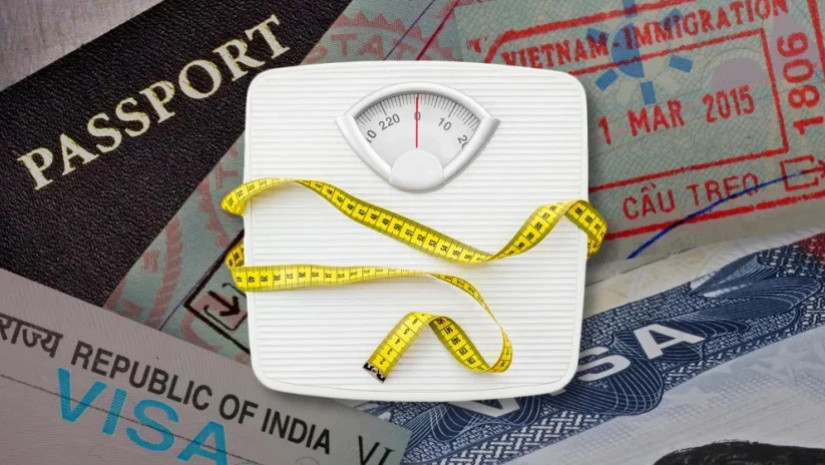The Donald Trump administration has asked US visa officers to consider obesity and several long-term health issues, such as diabetes, heart disease, cancer, and respiratory illnesses, as possible reasons to deny visas, The Washington Post reported.
US Secretary of State Marco Rubio sent a message on November 6 to American embassies and consulates worldwide explaining the new rules. This expands medical checks beyond contagious diseases and gives visa officers more reasons to reject applications.
According to the new order, these health conditions may cost the US government large amounts of money in healthcare. Because of this, officers are now allowed to deny visas if they think the applicant might become a financial burden.
The guidelines did not go through the usual review process and gave the visa officers more authority. Immigration lawyers say this is a big shift because these common health problems were never used before to refuse visas.
Citing data from the World Health Organization (WHO), the report noted that about 16 per cent of adults worldwide qualified as obese in 2022, and 14 per cent had diabetes in 2022.
According to the report, the officers have also been asked to keep a track of the health conditions of the applicant's dependents. Visa officers have been told to look at other details, such as the applicant’s age, how many dependents they have, and whether any dependents have disabilities or special needs.
The rule is linked to the “public charge” policy, which blocks people who might rely on government-funded services. However, refugees and some humanitarian applicants are exempt from these rules.
Arguing that the new rules give officers too much freedom to deny visas for ordinary reasons, critics told The Washington Post that US officials are actively finding new ways to slow down or reject more visa applications.
The new medical-based visa rules come amid a wider immigration crackdown under Trump, whose administration has tightened visa rules and imposed a new $100,000 fee on H-1B applications. Immigration experts say these fee hikes, along with stricter screening rules and more document requirements, are making it harder for skilled workers and families to move to the US. These steps signal a broader push to reduce both legal and illegal immigration.


















